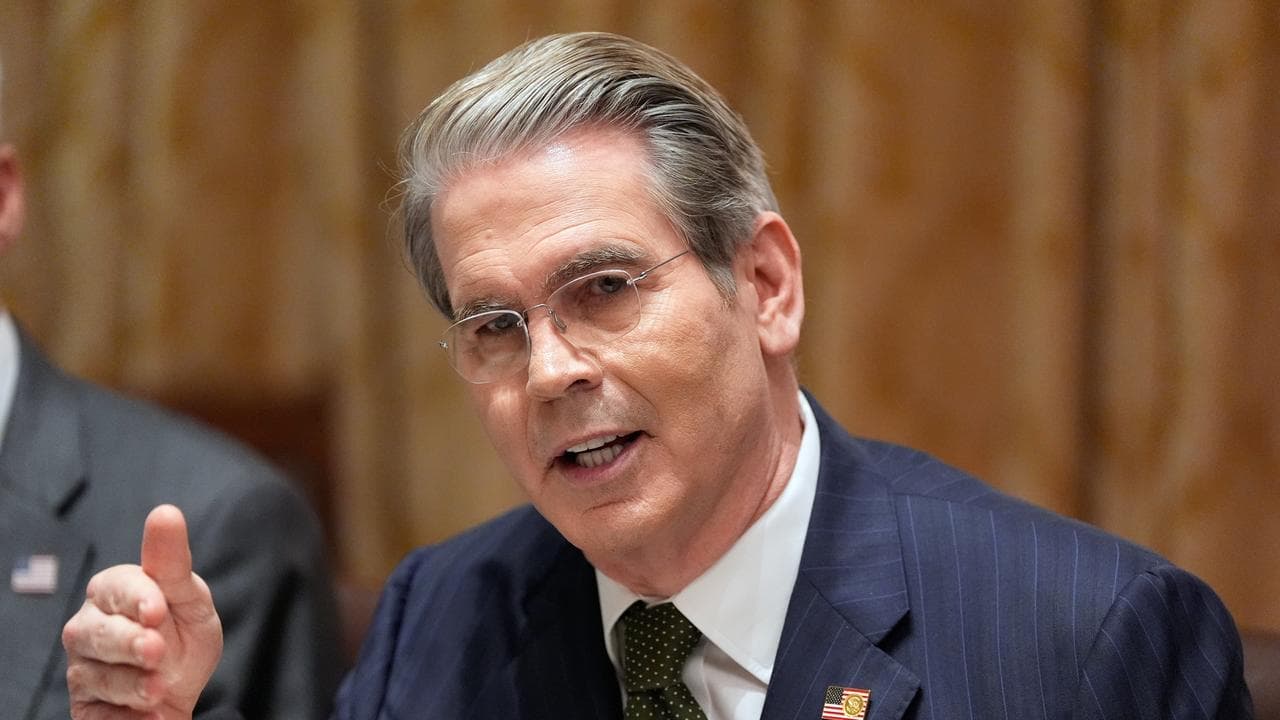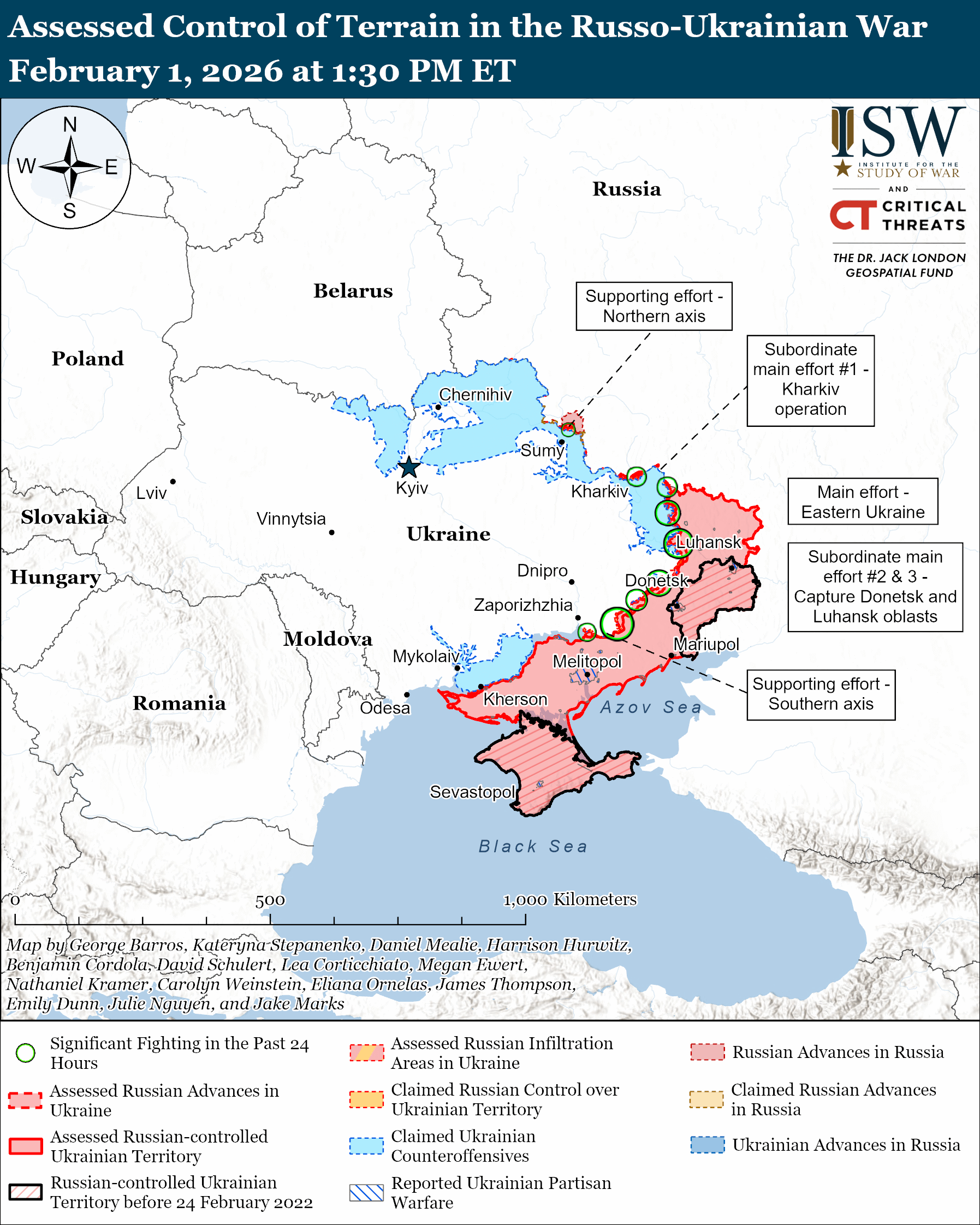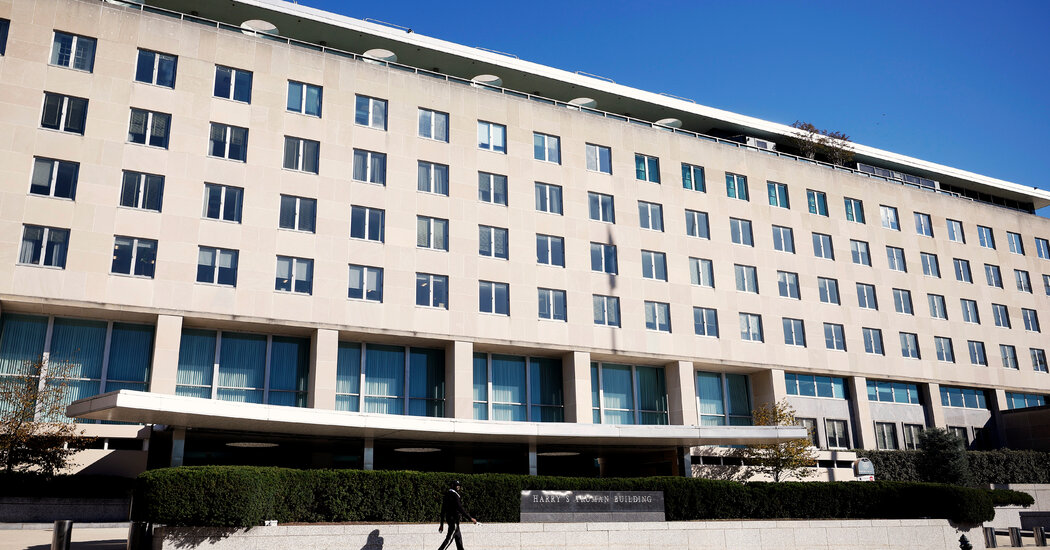The United States and Australia have formalized an agreement to secure critical minerals and rare earths supply chains essential for defense and advanced technologies. The framework, signed by U.S. President Donald J. Trump and Australian Prime Minister Anthony Albanese in Washington, D.C., on October 20, 2025, seeks to reduce reliance on China’s dominance in the sector.
Trump emphasized the deal’s potential during the signing, stating, “In about a year from now we’ll have so much critical mineral and rare earth that you won’t know what to do with them.” Albanese echoed the sentiment, calling the partnership “great” and highlighting the nations’ shared strategic interests.
Under the agreement, both countries pledged to accelerate cooperative efforts to bolster supply chains for defense and industrial needs. This includes mobilizing government and private sector support through financing mechanisms such as loans, equity investments, and regulatory facilitation. Each nation committed at least $1 billion in funding for projects within their borders, with a jointly managed Mining, Minerals and Metals Investment Ministerial overseeing the initiative.
The U.S. Export-Import Bank announced seven Letters of Interest totaling over $2.2 billion, potentially enabling up to $5 billion in investments. Additionally, the U.S. Department of War will fund a 100 metric tons-per-year advanced gallium refinery in Western Australia.
Australia also agreed to purchase $1.2 billion in U.S.-made unmanned underwater vehicles and $2.6 billion in Apache helicopters, while contributing $1 billion to the U.S. submarine industrial base.
The move follows China’s recent imposition of strict export controls on rare earth minerals, a key resource for global technology and defense industries. Beijing cited “national security and interests” as justification, requiring foreign exporters of rare earth-containing products to seek licenses from its commerce ministry. Military-related exports face near-automatic denial.
Trump announced plans to impose a 100% tariff on Chinese imports in response, though tensions remain amid China’s diplomatic maneuvers ahead of his upcoming meeting with President Xi Jinping.
U.S.-Australia Pact Aims to Secure Critical Minerals Amid China’s Export Clampdown



